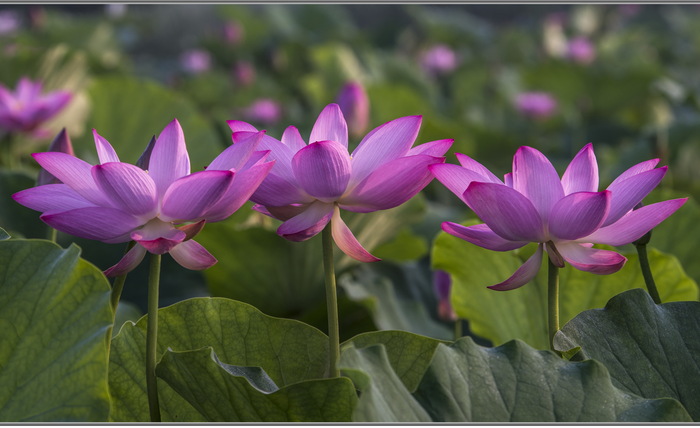Translated By Tara Lau
On Vegetable Roots, a Zen classic containing maxims and aphorisms written by the late Ming philosopher Hong Yingming has this to say, “A man’s life should not be too idle, lest rambling thoughts crop up. It should not be too busy either, lest there is no room to reveal his true nature. The gentleman, therefore, must not be unconcerned about his body and mind, nor should he be not revelling in the pleasures of nature”.
If your life is too lazy and unrestrained, you are more prone to having improper thoughts such as sexual desires and lust. Therefore, it says: “A man’s life should not be too idle, lest rambling thoughts crop up.” On the contrary, if one gets too busy “there is no room to reveal his true nature.” People who are busy just struggling to make a living will have no time to relax. We should all find time to set aside the tedious tasks and take a moment to contemplate the true meaning of life.
People who are too idle and have nothing to do not only waste their precious time, but also become unable to participate in community services due to being slack for too long and becoming parasites.
The six perfections in Buddhism include prajna, keeping precepts, forbearance, meditation, wisdom and diligence. Diligence is the catalyst for the other five perfections. That is to say, no matter which perfection you practice, whether it is Prajna, observing precepts, forbearance, wisdom, or meditation, you must be diligent to be able to achieve your goal.
Diligence means unremitting efforts and hard work with unwavering spirit. Zen Master Huangbo Xiyun said: “It is impossible to be rid of troubles in this world, so hold on tightly; if it is not so cold that it pierces your bones, how can you smell the fragrance of the blossoms?” If you want to escape from samsara and the cycle of life and death, you must work extremely hard to practice the six pāramitas. Note that every great thing requires extraordinary efforts before it can be harvested. Just like a plum tree, how can it bloom and exude amazing fragrance without undergoing the intense bone-chilling coldness in the winter?
People who are too busy sometimes go to the other extreme. Just as Zen Master Huangbo Xiyun said: “So much time and efforts were wasted in vain in life. After death, people are left with a pair of empty hands. They all had a busy but meaningless life experiencing joy and sorrow whether they are rich or poor.”
If we are busy pursuing the five desires: wealth, sex, fame, food, laziness, how can we have time to cultivate our mind and nature? How can we have the leisure to appreciate the lakes and mountains, the lush forests, the flowers in spring, the green lotuses in summer, the bright moon in autumn, and the white snow in winter.
On Vegetable Roots says: “Whilst a gentleman must not neglect his own physical and mental wellbeing, he should also find time to appreciate the beauty of the nature.” When you immerse yourself in the quiet state of nature, you may contemplate the true meaning of life. Deep in our heart, there is infinite wisdom and endless spiritual treasures that are inexhaustible. Buddhist scriptures call them “the reality of all dharmas”, “Buddha nature”, “True mind” and “True prajna”. Let’s cherish it this treasure and make the most out of it.

